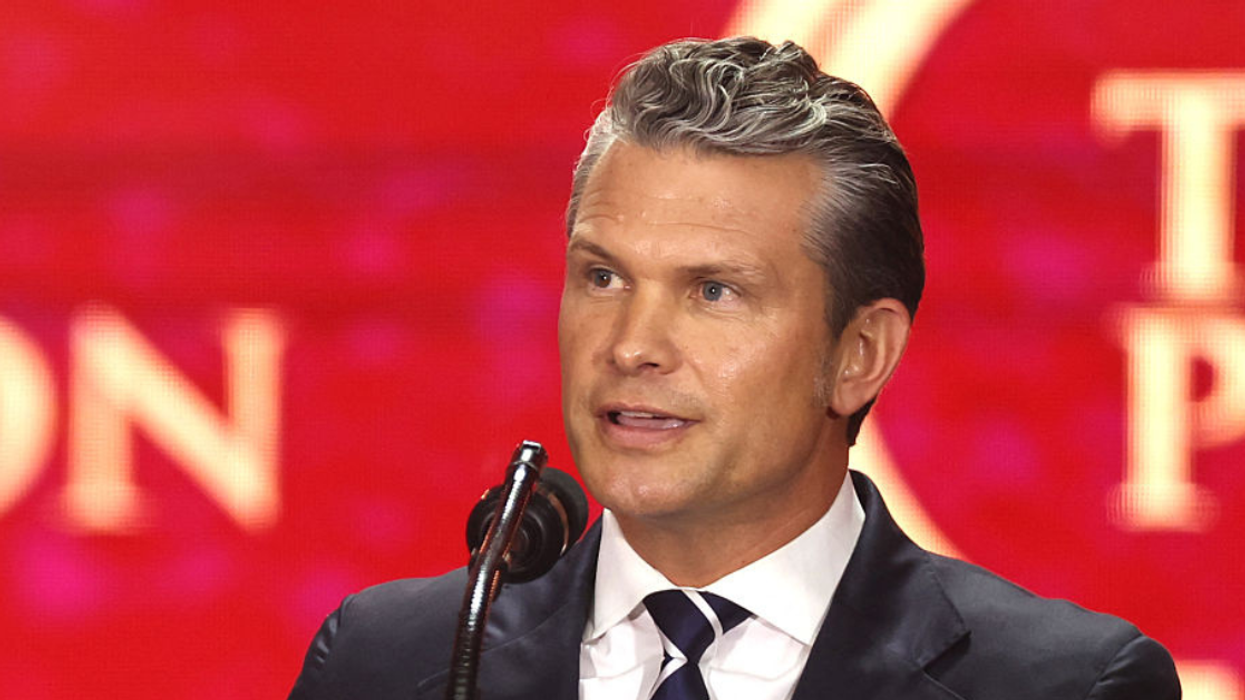The White House's announcement on Thursday pledging to impose a host of vaccine and testing requirements on large companies, federal workers, and healthcare workers drew praise from Democrats and most Americans while infuriating Republicans and their base. The Biden Administration intends to use a mixture of executive orders and updated federal rules and regulations to enforce the new mandates, which will impact some 100 million U.S. workers.
President Biden has grown increasingly frustrated at the intransigence of around 25 percent of the U.S. adult population. Over 200 million Americans have already received at least one dose of the vaccine, but the hold-outs continue to spread the virus, fill up hospitals, and add to a grim death count which has now topped 650,000 Americans.
"This is a pandemic of the unvaccinated, and it's caused by the fact that despite America having unprecedented and a successful vaccination program, despite the fact that for almost five months, free vaccines have been available in 80,000 different locations, we still have nearly 80 million Americans who have failed to get the shot," the president said. "We've been patient, but our patience is wearing thin, and your refusal has cost all of us," he added.
The move appeared to catch many Republicans off-guard, but it didn't take long for them to condemn the move. "Joe Biden told Americans when he was elected that he would not impose vaccine mandates," RNC chairwoman Ronna McDaniel said hours after the news broke Thursday. "He lied. Now small businesses, workers, and families across the country will pay the price. Like many Americans, I am pro-vaccine and anti-mandate. Many small businesses and workers do not have the money or legal resources to fight Biden's unconstitutional actions and authoritarian decrees, but when his decree goes into effect, the RNC will sue the administration to protect Americans and their liberties."
So is it legal?
The authority to extend vaccine mandates over private companies is the most contentious of the measures announced, as the others relate more directly to federally-funded programs such as healthcare facilities receiving Medicare or Medicaid, schools funded by Head Start, or companies that employ federal contractors. The White House is confident, however, that the big private employer mandates will survive legal scrutiny, and many legal experts agree.
Professor Jennifer Shinall, who teaches employment law at Vanderbilt University, told Forbes that legal challenges to the rule are like to fail because the rule change "would basically just give some more teeth to the pre-existing OSHA guidance that already said employers should be keeping their workplaces safe from COVID outbreaks, so this would be basically the next step."
Professor Robert I. Field, who teaches law at Drexel University, and Professor Lawrence O. Gostin, who specializes in public health at Georgetown University, agreed, telling the New York Times that OSHA already has the authority to protect workers by reducing their exposure to a deadly virus through requiring vaccinations. Through laws and regulations that require businesses to comply with evidence-based federal health safety standards, President Biden lawfully may impose and enforce vaccine mandates on the private sector, in this case by threatening fees of $14,000 per violation. In fact, OSHA already has implemented other pandemic-related regulatory precautions, including a rule back in June requiring health care employers to provide protective equipment and adequate ventilation and ensure social distancing.
"The president's plan is bold, audacious and unprecedented," said Professor Gostin. "But I do think it's entirely lawful. He's on extremely strong legal ground."
My own caveat here is that the current Supreme Court seems willing to flout precedent and impose its own style of judicial activism in the name of originalism, and an out-of-the-blue argument against mandates has a chance of succeeding with them. But this may not matter, because by the time such a case is heard by the justices, the mandate's effects already will have been far-reaching and profound.
What about the political cost?
Attitudes towards vaccine requirements have shifted markedly in the last few months, and the White House is gambling that the vast majority of Americans will approve of these moves, particularly as frustration grows with the willful stubbornness of unvaccinated adults. One poll taken in August in the crucial five swing states of Georgia, Arizona, Pennsylvania, Michigan and Wisconsin—those that flipped from Trump to Biden in 2020 —showed over 60 percent support in each state for employer vaccination mandates. A national Gallup poll also showed increasing support, now over 50%, for vaccine verification, especially to enter indoor spaces.
Despite these national trends, GOP leaders appear to be doubling down, in part because they understand how radicalized their own base has become over the issue. Like the RNC chair, many will seek to walk the narrow line of "pro-vaccine, anti-mandate." But that has proven difficult to tread without alienating the MAGA faithful, as the former president himself discovered when was booed at a rally in Alabama after telling his followers to get the vaccine.
One thing is nearly certain: The mandates will become a lightning rod to stir up resistance, with some of the loudest voices decrying the move as "authoritarian" and "socialist." The move also confirms in the minds of many that Fox News and other right-wing scaremongers were right about Biden. The GOP will use this to fundraise, to scapegoat, and importantly to deflect from the disastrous policies that are killing largely their own voters.
So why now?
With such a potential to galvanize GOP resistance, why push through the employer mandates at this time? First, there are several strong health policy reasons for this, not the least of which is the deadly delta surge presently overwhelming hospital resources across highly unvaccinated regions of the country, particularly in the South.
But some commentators have noted that the employer mandates, even if they will be legally challenged and politically unpopular, give a great deal of cover for those who might need it most. For example, large employers who were hesitant to anger one-fourth of their employees and their customers—and who feared a sizeable number of consumers could protest with their pocketbooks—can now point to a federal rule that requires their compliance. In addition, having corporate America shift all at once rather than one brave company at a time will normalize the practice and avoid the problem of companies being on the bleeding edge.
Further, there are likely many Americans who, for personal and social reasons, would have continued to refuse the vaccine out of fear of conflict with and ostracization by their family, friends and community, but now that it will be mandated by their employers can throw up their hands and claim they "had to do it."
Seen in this light, the Biden Administration is being singularly courageous, taking on a huge political risk and actually willing to be the bad guy so that the right thing can be done. "My job as president is to protect all Americans," Biden said in his speech.
The vaccine mandates will likely go a long way toward doing that. And it may even demonstrate that Biden has the kind of political spine combined with moral clarity that Democrats and many independents have been craving in a president.

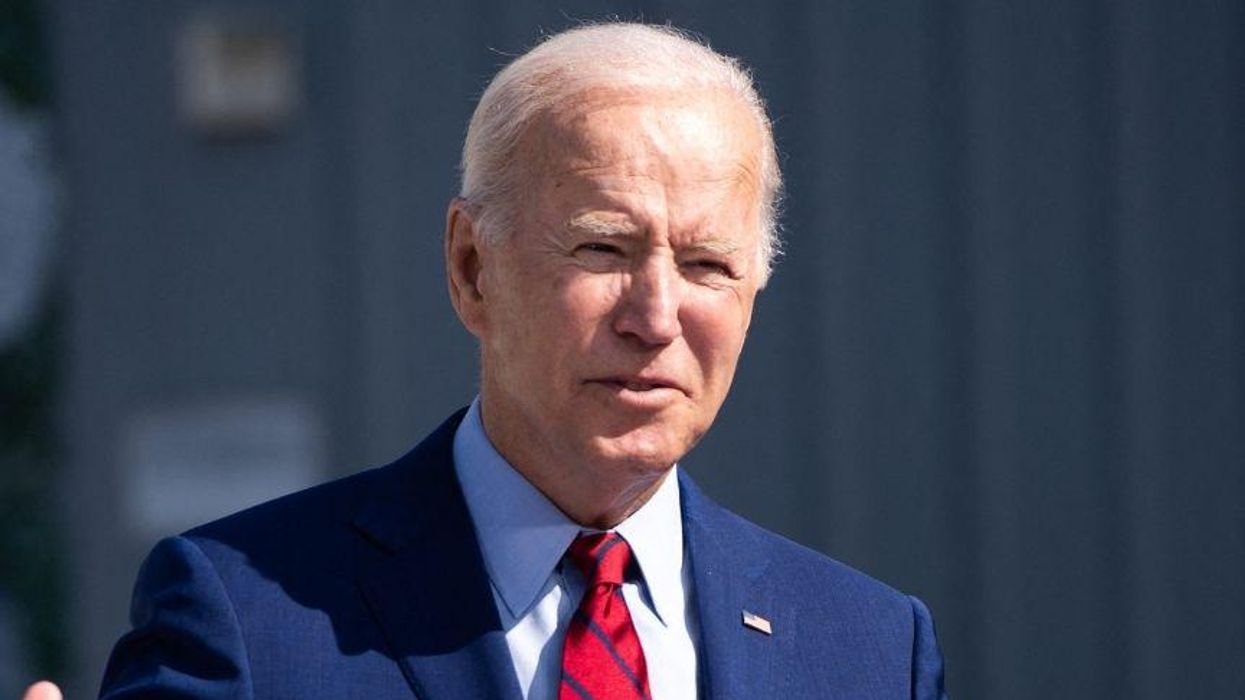

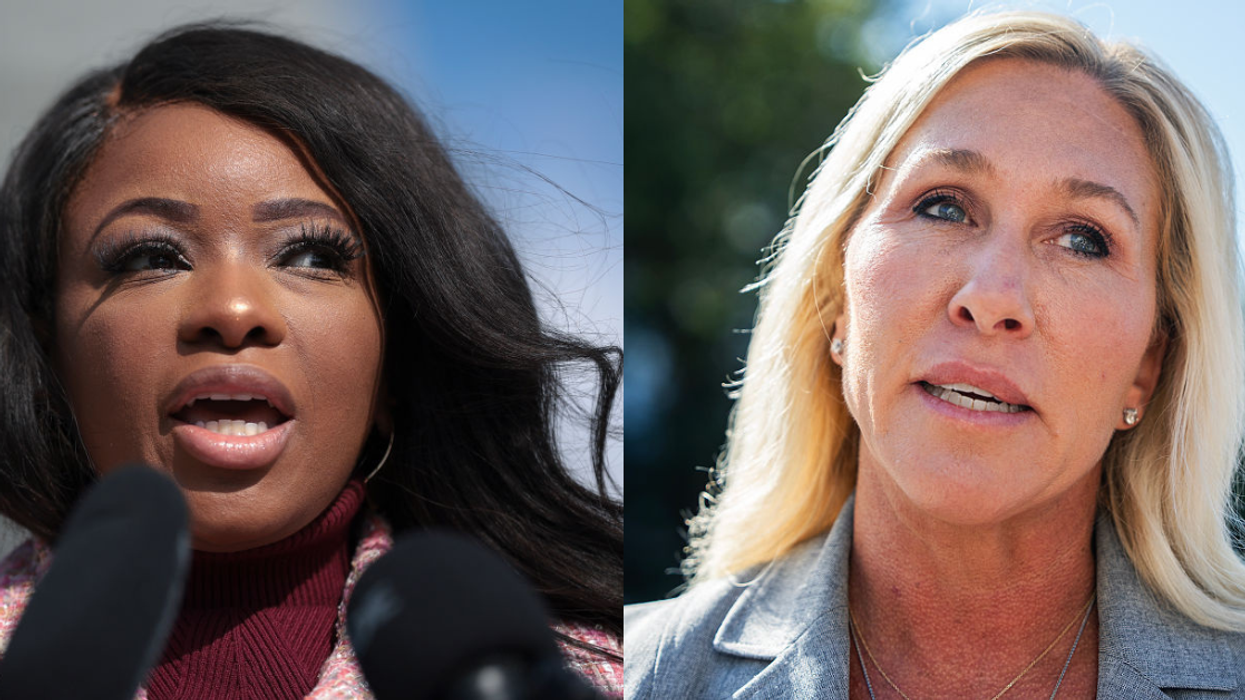


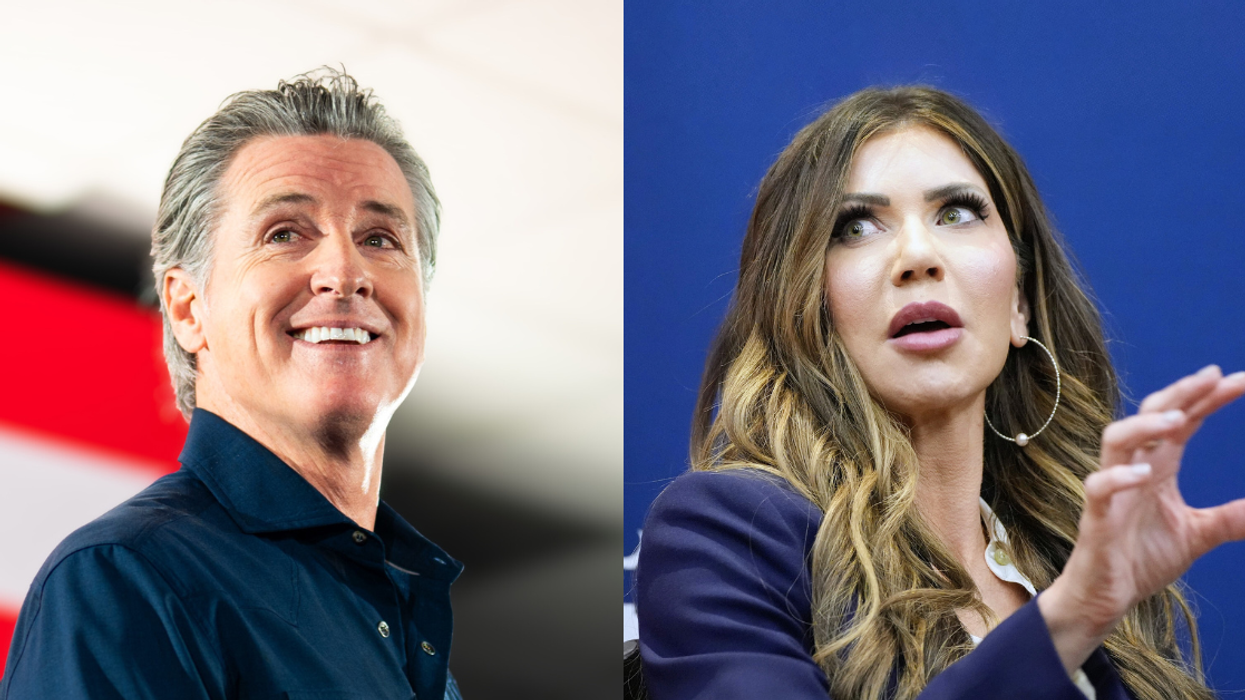
 @GovPressOffice/X
@GovPressOffice/X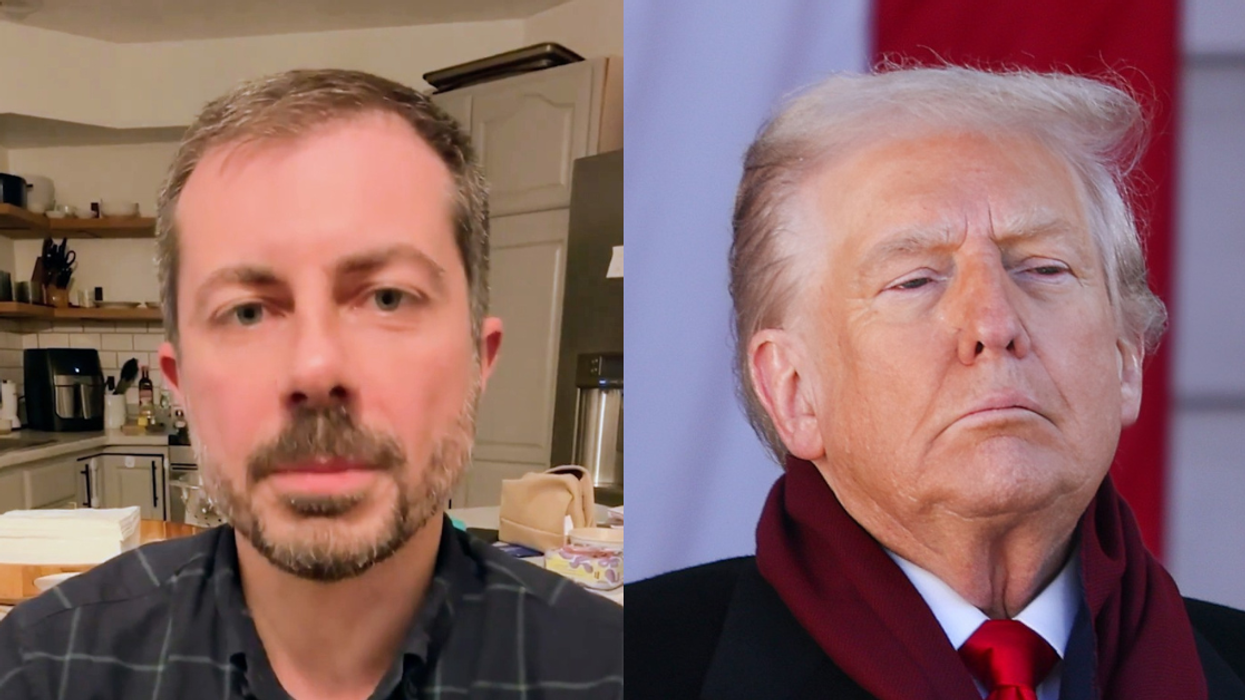




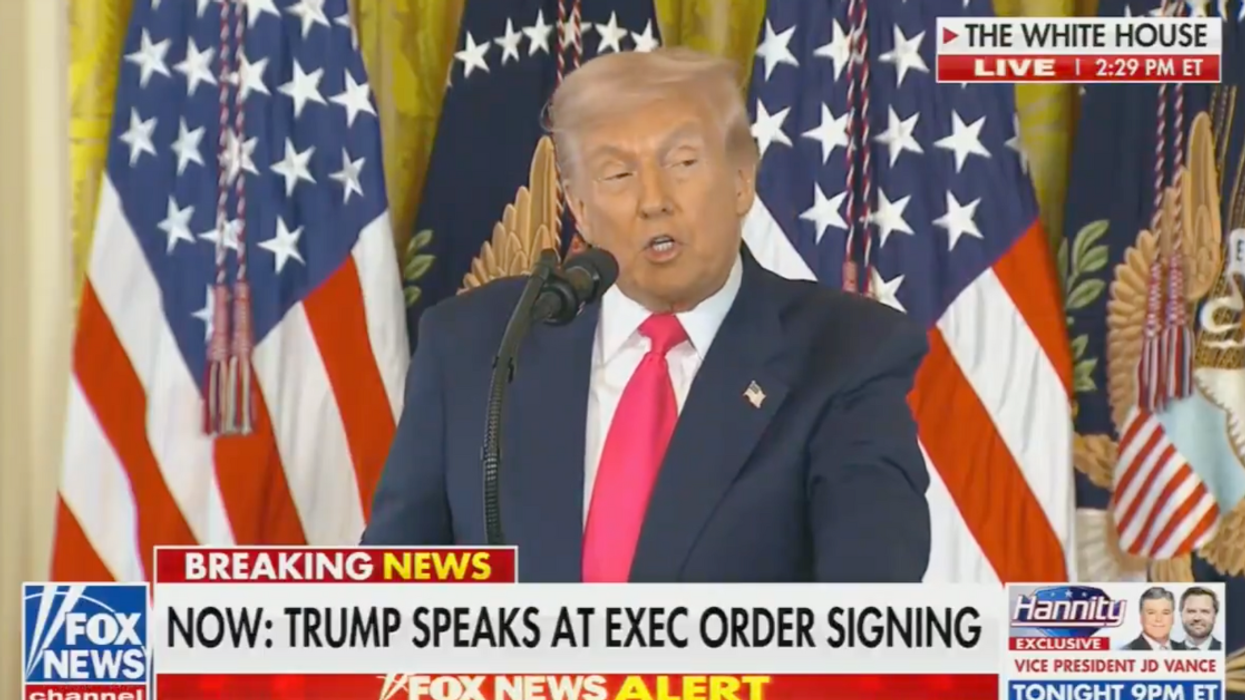
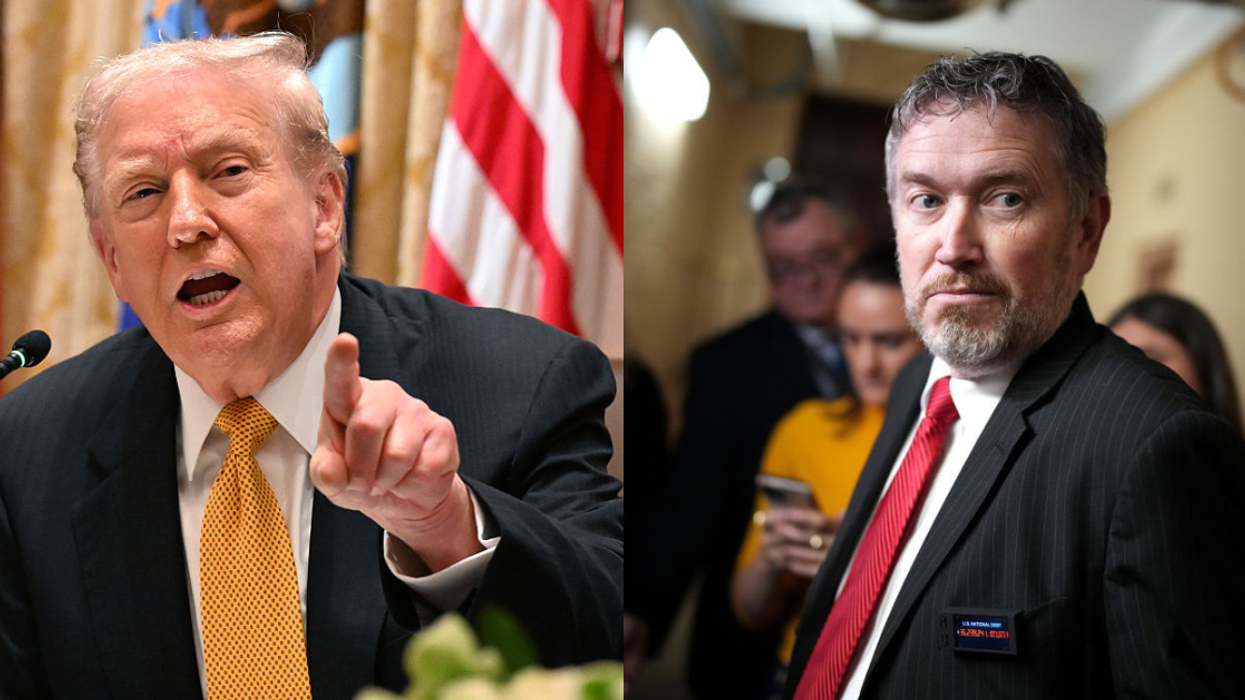
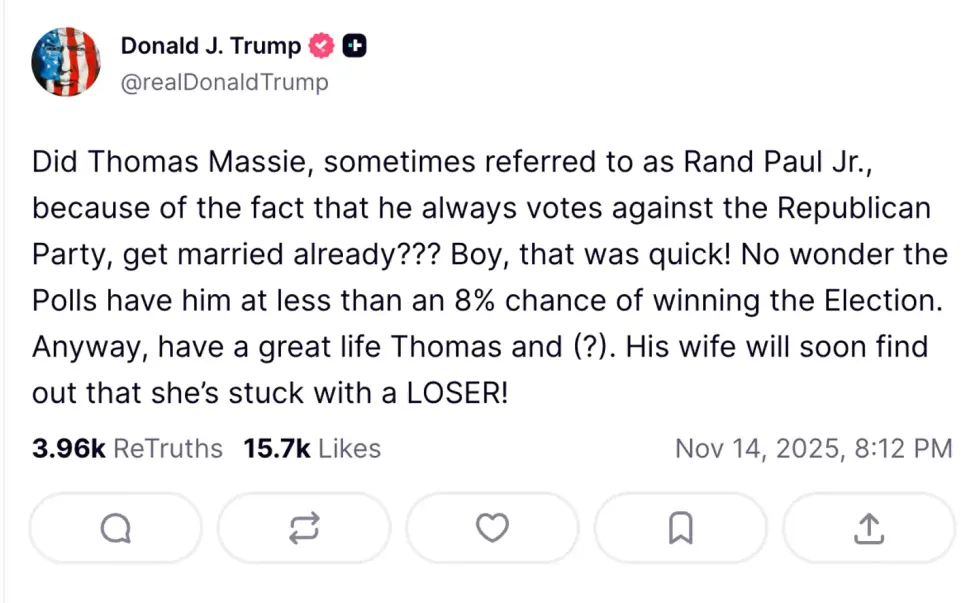 @realDonaldTrump/Truth Social
@realDonaldTrump/Truth Social